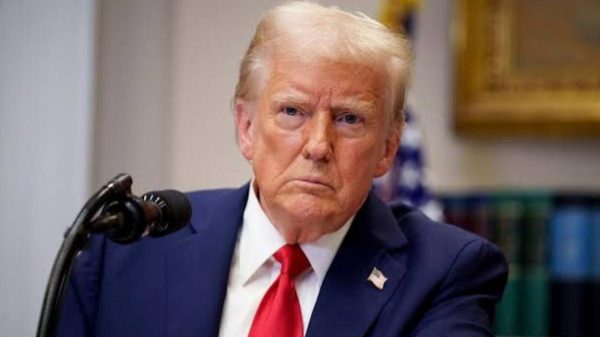In a surprising turn of events, the United States has issued a travel advisory warning its citizens against traveling to Ghana, claiming the country is unsafe. This alert comes just days after Ghana announced it would stop exporting gold to the U.S. beginning May 1st.
The timing of both events has sparked concern and speculation among political analysts and global observers, many of whom view the U.S. warning as suspiciously sudden and potentially retaliatory.
Ghana, known for its rich natural resources and relative stability in West Africa, had earlier declared its decision to prioritize local processing and trade of its gold, as part of efforts to boost economic growth and maintain national control over valuable resources.
Shortly after this announcement, the U.S. updated its travel advisory, citing security threats in Ghana. However, no major unrest or incident was reported to support this claim, leading some critics to question whether the move is politically motivated.
Many Ghanaians and African rights advocates have taken to social media to call out the double standards, accusing Western powers of using policy tools to pressure nations that assert economic independence.
As events unfold, the international community is watching closely. Ghana has not yet responded officially to the U.S. travel warning, but insiders suggest diplomatic discussions may be underway.
The situation raises deeper questions about global trade power dynamics and the lengths nations may go to maintain influence.


















































































































